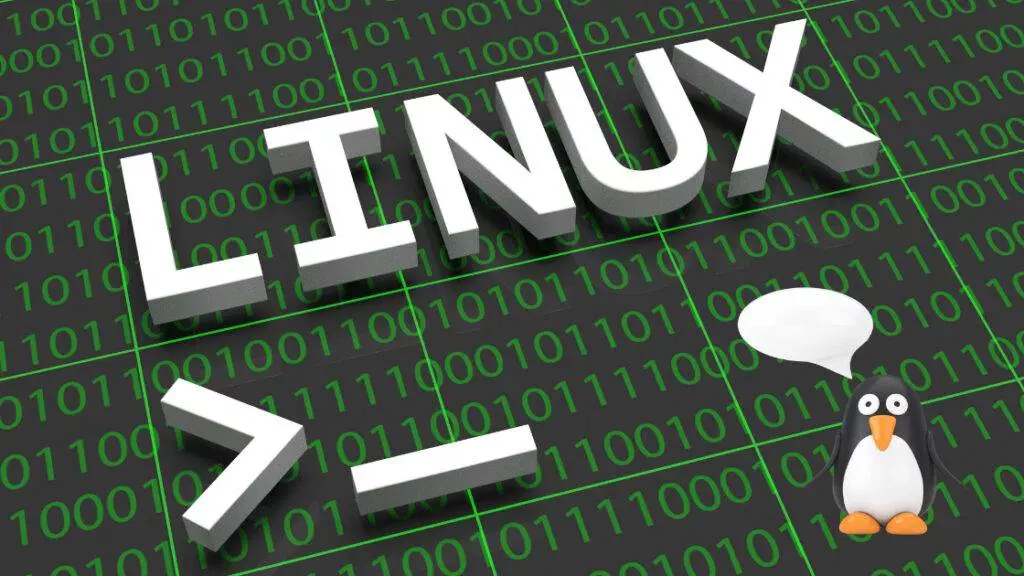History: Origins and development of Linux
The origins of Linux can be traced back to the early 1990s. It all began when a Finnish student named Linus Torvalds decided to create his own operating system kernel as a hobby project. Torvalds started by utilizing the MINIX operating system, but soon realized that it lacked certain functionalities and was restricted by its licensing limitations. This inspired him to develop a new operating system that would be free, open-source, and customizable.
Linux gained momentum thanks to its unique development model. Instead of being developed solely by one company or individual, it relied on thousands of programmers around the world contributing their time and expertise voluntarily. This decentralized nature allowed for rapid development and collaboration among developers worldwide. Over time, Linux became not only an operating system but also a symbol of community-driven innovation.
Today, Linux has evolved into one of the most widely used operating systems globally across different industries, including government organizations, enterprises, and individuals alike. Its flexibility allows it to run on various devices such as smartphones, servers, embedded systems and even household appliances like smart TVs and routers.
Linux’s success can largely be attributed to its ideology centered around freedom and customization. Anyone can modify the source code to fit their needs, making it adaptable for different uses.
Features: Key characteristics of the Linux operating system
Linux, as an operating system, has several key features that set it apart from other operating systems. Firstly, Linux is an open-source software, meaning that its source code is freely available to the public. This allows users to modify and distribute the operating system according to their own needs and preferences. The open-source nature of Linux also fosters a large community of developers who contribute to its constant improvement.
Secondly, Linux is known for its stability and security. Linux is more stable and secure than other operating systems because of its strong architecture. It offers reliable performance and protection against external threats. This makes it highly suitable for both personal computing and business use.
Furthermore, Linux provides a high degree of customization options. Users can choose from various desktop environments or even create their own customized interface. This enables individuals to tailor their Linux experience to match their specific requirements and personal tastes.
Overall, the key characteristics of the Linux operating system – openness, stability, security, and customization – make it a powerful choice for individuals and businesses alike. Whether you are a tech enthusiast looking for more control over your computer or an organization seeking a reliable platform for your servers or networking equipment, Linux offers flexibility and reliability like no other operating system in today’s digital landscape.
Distribution: Different distributions of Linux available
Linux is an open-source operating system that offers a wide range of distributions to cater to different user needs. From Debian-based distributions like Ubuntu and Linux Mint to Red Hat-based distributions like Fedora and CentOS, there is a Linux distribution for everyone. Each distribution has its own unique features, package managers, software repositories, and community support.
One popular distribution that stands out is Ubuntu. Known for its user-friendly interface and comprehensive documentation, Ubuntu has gained a large following among both beginners and advanced users. With its LTS (Long-Term Support) releases providing stability and security updates for extended periods of time, Ubuntu is a reliable choice for those who value consistency.
On the other hand, if you’re someone who prefers bleeding-edge technology and enjoys tinkering with the latest advancements in software development, Arch Linux might be more up your alley. Arch Linux follows a rolling release model where updates are continuously released rather than having distinct versions or releases. This allows users to always have access to the most recent software versions but also requires a bit more technical knowledge when it comes to configuration and maintenance.
Overall, the vast array of Linux distributions provides flexibility and choice for users with different preferences and requirements. Whether you prioritize stability, ease of use, or cutting-edge technology, there’s undoubtedly a Linux distribution out there tailored just for you.
Advantages: Benefits of using Linux over other operating systems
There are numerous advantages and benefits to using Linux over other operating systems that make it a compelling choice for individuals and businesses alike. Firstly, Linux is known for its stability and reliability. Unlike other operating systems that may crash or slow down over time, Linux is designed to be extremely stable, ensuring consistent performance throughout its lifespan.
Secondly, Linux offers a high level of customization and flexibility. With Linux, users have the freedom to tailor the operating system according to their specific needs. From choosing different desktop environments to customizing the look and feel of the system, users have full control over their computing experience.
Lastly, one of the most significant benefits of using Linux is its security features. As an open-source software, any security vulnerabilities are quickly identified by a large community of developers who can address them promptly. Additionally, Linux has a robust built-in firewall system and provides regular security updates to ensure user data remains safe from potential threats.
Overall, these advantages cement Linux as one of the top choices for those seeking a reliable, customizable, and secure operating system. Whether you’re an individual looking for an alternative to Windows or a business in need of scalable solutions with rock-solid stability – Linux has got you covered!
Common uses for Linux in various industries
Linux is a versatile operating system that caters to diverse industries, offering a wide range of applications for businesses and organizations. In the education sector, Linux is widely used in schools and universities as an alternative to commercial software. Its open-source nature allows educational institutions to save costs while still providing students with access to powerful tools for programming, research, and learning.
In the healthcare industry, Linux is utilized in medical devices such as MRI machines and ultrasound systems. The stable and secure nature of Linux makes it an ideal choice for critical healthcare applications where data security and reliability are paramount. Moreover, Linux enables seamless integration with electronic health records (EHR) systems, facilitating efficient patient data management across different healthcare facilities.
The finance industry also benefits from Linux’s robustness and cost-effectiveness. Financial institutions rely on Linux to power their high-performance trading platforms due to its ability to handle massive volumes of transactions quickly and securely. Additionally, the customization options offered by Linux allow banks and other financial organizations to develop tailor-made solutions that meet their specific requirements while maintaining tight security measures.
These are just a few examples showcasing how Linux serves various industries, offering flexibility, reliability, cost-effectiveness, and customizable solutions. Whether it’s in education or healthcare or finance or any other sector you can think of – chances are that Linux has found its place in revolutionizing industries across the globe!
The future and significance of Linux
In conclusion, the future of Linux looks promising and its significance cannot be overstated. As technology continues to advance at a rapid pace, Linux will play a crucial role in shaping the digital landscape. With its open-source nature, it enables collaboration and innovation on a global scale. This means that developers from all over the world can contribute to its development and create new applications, making Linux highly adaptable and customizable.
One significant aspect of Linux’s future is its potential in the field of artificial intelligence (AI). As AI becomes more prevalent in our daily lives, Linux provides an ideal platform for developing AI systems. Its robustness, efficiency, and security make it well-suited for handling the demanding computational requirements of AI algorithms.
Furthermore, with the increasing focus on privacy and data protection, Linux offers a secure alternative to proprietary operating systems. Its transparent code allows users to have full control over their systems and easily audit any potential privacy vulnerabilities. This feature will likely become even more important in the future as cybersecurity threats continue to evolve.
In summary, while Linux has come a long way since its creation almost three decades ago, it shows no signs of slowing down. Its open-source nature, adaptability for emerging technologies like AI, and strong emphasis on privacy make it an invaluable tool for both developers and end-users alike. The future holds great potential for further advancements in this remarkable operating system as it continues to shape our digital world.


